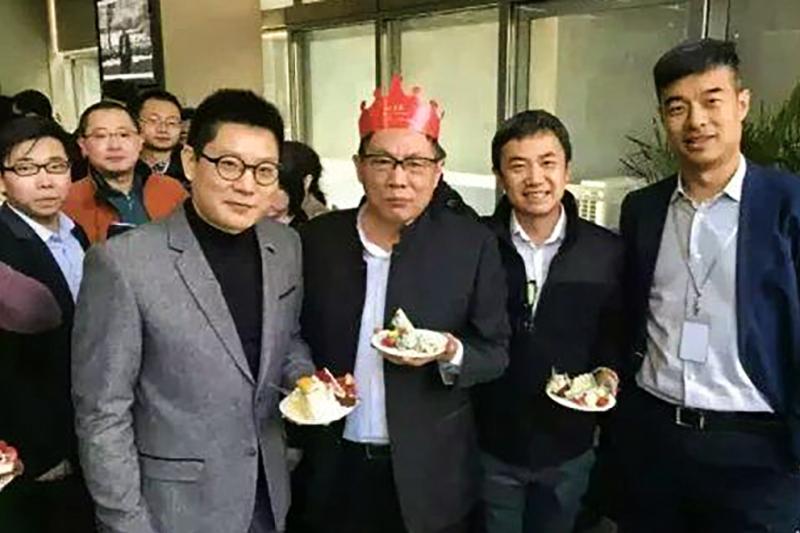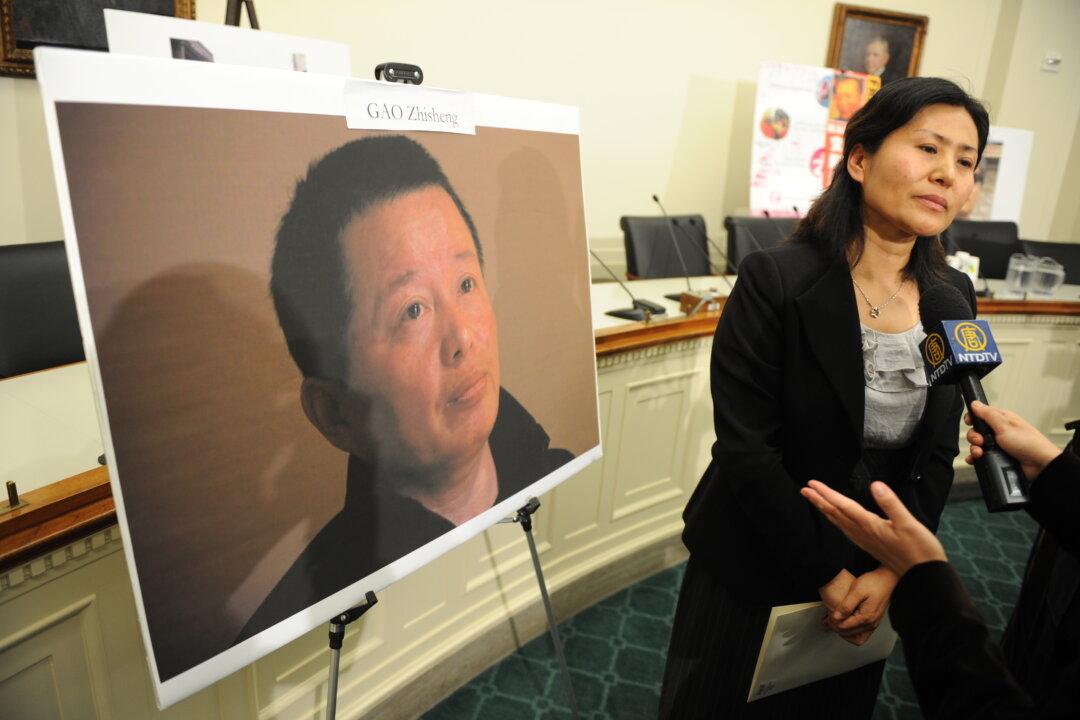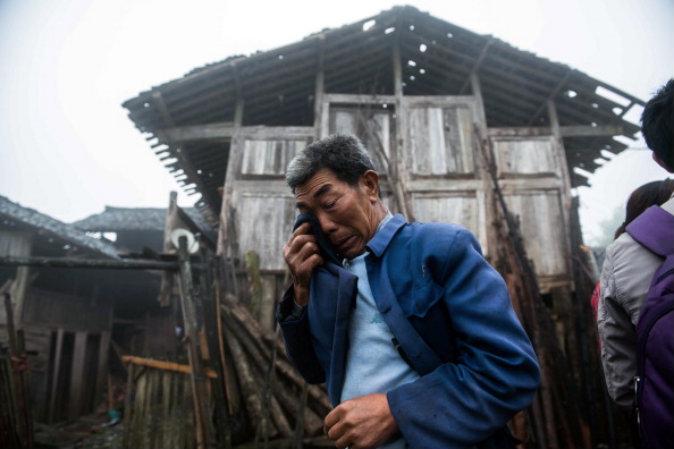Chinese tycoon and celebrity blogger Ren Zhiqiang recently got in trouble for criticising Chinese leader Xi Jinping’s words “CCP media takes on the surname of the CCP.”
As the struggle between China’s Central Commission for Discipline Inspection (CCDI) and the propaganda system intensifies, what Xi’s comment might mean has drawn deep concern from outside.
Various mainland Chinese media have reported that, following Ren’s critical comments, all senior forces in the Chinese Communist Party (CCP) have got into a multi-round “melee.”
Among them, the propaganda system controlled by Liu Yunshan and the CCDI controlled by Wang Qishan have skirmished, drawing a lot of attention. Liu and Wang are both members of the Politburo Standing Committee, but Liu belongs to the faction of former CCP head Jiang Zemin, while Wang is in Xi’s camp.




